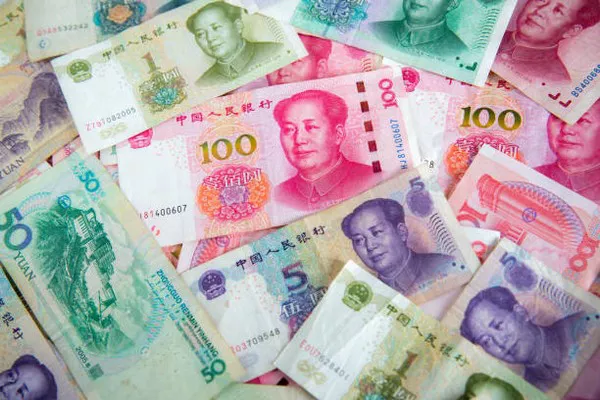In recent years, China’s decision to reduce its reliance on the US dollar has sparked widespread speculation and debate in global financial circles. As the world’s second-largest economy, China’s move away from the dollar has significant implications for the global financial landscape. This article delves into the reasons behind China’s strategic decision to divest from the dollar and explores the potential consequences for the international monetary system.
Diversification of Reserves:
One primary reason driving China’s shift away from the US dollar is the imperative to diversify its foreign exchange reserves. Historically, China has held a substantial portion of its reserves in US dollars, exposing the nation to currency risk associated with fluctuations in the value of the dollar. In an effort to mitigate this risk, China has been actively diversifying its reserves into other currencies and assets, such as the euro, Japanese yen, and gold.
By reducing its reliance on the dollar, China aims to create a more resilient reserve portfolio that can withstand currency volatility and economic uncertainties. This diversification strategy is aligned with the broader global trend of central banks seeking to balance their reserve portfolios for enhanced stability.
Economic Decoupling and Geopolitical Considerations:
The ongoing geopolitical tensions between the United States and China have played a crucial role in shaping China’s decision to distance itself from the dollar. As trade disputes and technology conflicts persist, China has been exploring ways to reduce its economic dependence on the United States. By diversifying away from the dollar, China aims to insulate its economy from potential financial sanctions or restrictions imposed by the US.
Furthermore, the concept of economic decoupling is gaining traction, with China seeking to establish financial independence and reduce vulnerabilities tied to the US-dominated global financial system. This move is not only a response to geopolitical challenges but also a strategic effort to assert China’s economic sovereignty and influence on the global stage.
Promotion of the Renminbi:
China has been actively promoting its currency, the renminbi (RMB), as a global reserve currency. A crucial step in this direction involves internationalizing the RMB, encouraging its use in cross-border trade and investment. As part of this strategy, China has entered into numerous currency swap agreements with other nations, enabling the settlement of trade transactions in RMB.
By reducing its reliance on the dollar, China aims to bolster the internationalization of the RMB, positioning it as a viable alternative to the US dollar in global trade and finance. This move aligns with China’s aspirations to enhance the global standing of its currency, challenge the dollar’s dominance, and contribute to the multipolarization of the international monetary system.
Prudent Risk Management:
The COVID-19 pandemic exposed vulnerabilities in the global economy and prompted nations to reassess their risk management strategies. China’s decision to diversify away from the dollar can be seen as a response to the uncertainties brought about by the pandemic. As the world grappled with economic downturns and unprecedented challenges, China sought to fortify its financial position by adopting a more diversified and resilient reserve strategy.
In times of crisis, the value of a well-diversified reserve portfolio becomes evident, allowing nations like China to navigate economic shocks more effectively. The move away from the dollar aligns with China’s commitment to prudent risk management and financial stability in the face of global uncertainties.
See Also Is the Yuan Losing Value? All You Need to Know
Conclusion:
China’s decision to reduce its reliance on the US dollar is a multifaceted and strategic move driven by economic, geopolitical, and risk management considerations. As the world undergoes significant shifts in economic power and global dynamics, China’s efforts to diversify its reserves, promote the internationalization of the RMB, and assert its economic independence are integral components of its broader economic strategy.
The consequences of China’s move away from the dollar extend beyond its borders, impacting the global monetary system and influencing the trajectory of international finance. Observers and policymakers worldwide must closely monitor these developments to understand the implications for the future of global economic relations and the evolving dynamics of the international monetary landscape.


